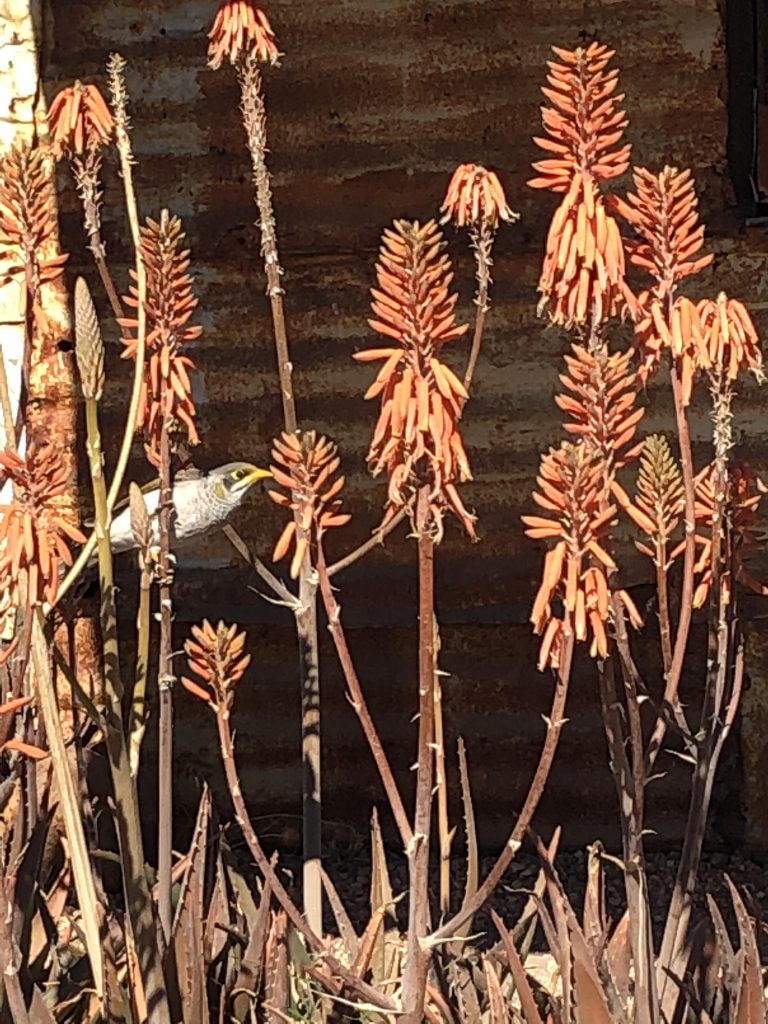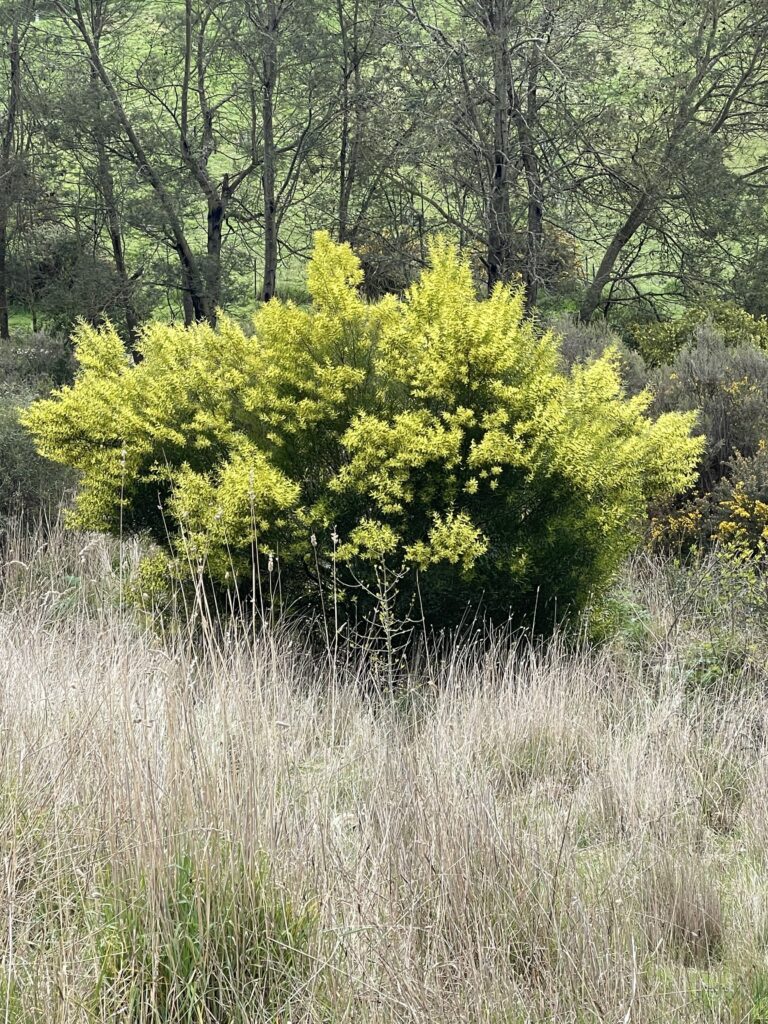You remember how it goes; her son Eros fell in love with Psyche after she’d been left on the mountain by her family because her beauty had already offended Aphrodite. Aphrodite sent Eros to slay her, but instead he fell for her, carrying her off as his own bride to a magnificent hidden palace where his mother couldn’t discover them.
Eros came to Psyche each night, hidden by darkness because no mortal can see a god without dire consequences.
We remember how, when Psyche realised she was pregnant, she wept to see her sisters. Finally, Eros agreed to allow their visit. And we remember how the sisters, seeing the magnificent palace and their younger sister radiant and with child, felt the coiled poison of envy silently strike their hearts. And they plotted against Psyche.
“What if your child is the spawn of a devil or monster?”
“How can you bear to lie with a thing you’ve never seen?”
They taunted and drove in their poison arrows. Those tiny barbs grew into doubt and fear in Psyche’s mind. What if she was carrying a monster in her belly? Her mind tormented during the day while her husband was away, but at night when she lay with him, her heart told her he was good and kind and loved her with a true heart, no matter his countenance.
But remember she was only human, and finally the torment of not knowing overwhelmed her and she transpired to look upon him as he slept. In preparation she hid an oil lamp and a knife (in case he truly was a monster). And when her husband slept, she lit the lamp and held it to his face. So stunned by the divine beauty of her beloved, her hand jumped, and a drop of oil fell to his chest. He woke and leapt up.
“What have you done? You have broken the enchantment keeping us hidden, and exiled our love.”
With that he fled and she stirred as if from a dream, lamp in one hand and knife in the other. The magnificent palace with all its glories dissolved with her beloved’s departure and she stood alone on a barren mountain, naked, for even the gown she was wearing vanished.
Aphrodite, enraged by her son’s betrayal and deception punished Psyche. The old stories don’t tell us how Aphrodite reprimanded Eros for his disobedience, perhaps he was sent on some dastardly quest or made to brush her hair with a magic comb for a month. We only know she blamed and punished Psyche.
We remember the four tasks. And after giving the instructions for each task, Aphrodite promised certain death if Psyche failed. Each task became increasingly difficult as Psyche succeeded.
The first task, was sorting the grains. The ants helped with that.
The second task was gathering golden fleece from the ferocious rams. The reeds whispered to her as she wept hopelessly beside the pool, telling her to wait until the rams slept at night and gather the hunks of fleece from branches.
The eagle helped her with her third task of collecting water from the source that fed the river into the Underworld. It was a waterfall high in inaccessible mountains.
And so, we come to the fourth and final task.
Psyche is charged with a journey to the Underworld to receive a box of beauty from the Queen of the Underworld herself, Persephone (we remember her story of being abducted and raped by Hades and eating the pomegranate seeds and having to stay half the year as Queen of darkness). This journey meant certain death for any mortal. Even the gods couldn’t easily traverse the Underworld, except those who resided there. This time it seems that Psyche is truly alone in her task, and is facing certain death.
Some myths tell that a tower advises her, others that it may have been that irascible god and trickster Hermes, that advised her. But I suspect it was the serpent who told her the secrets of getting into the Underworld and out again. The serpent often appears when all else has deserted us, a creature in hiding from human eyes, that can move between worlds and easily penetrates the Underworld and return unseen and unscathed. All we know is that someone or something gave her a few clues to traverse the thresholds and rivers of the Underworld and bring back the box of beauty.
“Take two coins and two oat cakes,” she is told by her guide. “The coins are payment for Charon, ferryman across the river Styx, one going and one for coming back. The oat cakes are for Cerberus, the three-headed dog.” We all remember that creature guarding the gateway into the Underworld. “Throw the dog a cake to distract it while you cross the threshold. One going and one for coming back.”
“Look straight ahead. Don’t stop to assist anyone.”
“And most importantly, once you possess the box, do not open it.”
Those were the instructions given. The last was repeated a second time. “Do not open the box.”
To Psyche’s surprise and delight it all went exactly as it was told. Persephone was a generous and gracious host and offered the box freely with a smile that lit the whole of Underland.
We remember that when Psyche was once again in daylight, the Underworld and its travails behind her, the urge to open the box grew like a weed in her mind. Remember she is human, and curiosity is an urge that has no limits. As she carried the closed box towards her beautiful, fierce and punitive mother-in-law, the desire to open it became unendurable.
This is the part that I’m most curious about.
Of course, Psyche, aka soul – that deepest knowing in each human heart – desires to open and discover the hidden beauty. Of course she must open it. That is her greatest hunger and thirst; to uncover Beauty and Truth.
I don’t want to tell the myth what it is, or analyse it, as James Hillman warns against. That’s like telling the snake in your dream what it is, instead of listening to what it has to say, and we miss the imagination opening into some new possibility that’s been hiding in the dark beauty. But for me this beauty from the dark, usually invisible to the daylight mind’s eye is at the heart of our creativity.
Our creativity is central to the flourishing of deep contact and connection in our lives. Deep connection, firstly with the mystery of ourselves, and also with the mystery of life and death. Life is creative.
But we’re not looking for answers here, only seeking to listen-deep to the possibility of what the old stories can tell us about the meanings of this human existence. Besides we need to leave plenty of loose threads when we are writing about something as multifaceted and ancient as mythology, because we need to return again and again to re-weave the threads as our imagination grows into the mighty oak-and-acorn it is always becoming, if we learn how to nourish its roots.
So, where are we in this mess of myth?
Let’s return to the story.
When the drive to open the box becomes overwhelming, Psyche lifts the lid and instantly falls unconscious because the sight of that Underworld beauty is too much for a mere mortal. So much to think about in this image. An image like a thick-dark thread of question to carry into our creative practice-process to open new possibilities. That’s what staying curious does, opens into new possibilities and feeds the imagination.
Back to story.
As the pregnant Psyche lies unconscious, her feckless husband finally returns to her side. Lifting her in his arms he carries her to safety. In most versions of the story there is a happy ending. Some say Eros appeals to Zeus on Psyche’s behalf, some say Aphrodite realises she’ll lose her son forever if she doesn’t accept Psyche, not to mention the grandchild she is carrying, and agrees to stop hounding the poor woman. Whatever happens, we know this is probably the original ending of the happily ever after story.
Mostly it’s read as a great love story, but I’m a bit bored with the love story trope. I’m not dismissing the power of love to overcome travails and as the meeting place between human and divine and a whole lot more, but where was the love when Psyche was alone and pregnant and undergoing the ordeals? No, I don’t think it’s a story about love, even if Eros is the god of love.
This seems to be more about some secret beauty that hides in the dark. And for me that surely means our sovereign creative possibility, fertile darkness. That dark unknown we traverse each night in our dreams, arriving back trailing stars or serpent fangs. And the fertile darkness I have travelled through as I reach for something beautiful hidden inside this great old story-myth.
Did I find it? Wrong question. I know I can never possess it. Only glimpse it, at best. Even that glimpse can make me swoon, lose everyday consciousness. Like a day out painting plein air, where you forget yourself for hours, and all there is, is the beauty of the land and your trembling and insufficient hand reaching, and not reaching, for that mysterious beauty that you can almost taste. And all the while the beauty hums in your heart, as you shift between frustration and delight with every stroke of your brush.
Makes me think of Goethe’s poem, often translated as Holy Longing. I wonder if this is the longing he speaks to in his poem? Whether it’s the longing to find beauty in the words, or colour of a landscape as it emerges onto canvas, or the beauty of a new idea or way of thinking. A kind of truth in beauty, or should that be beauty in truth? Perhaps I think of Goethe’s poem associated with Psyche reaching for beauty because Psyche also translates as butterfly. But it’s not so much as reach, as Keats suggests, we need to be careful to avoid that reach in his term negative capability, it is an opening to beauty. And yes, it can burn us if we are crazy for the light.



